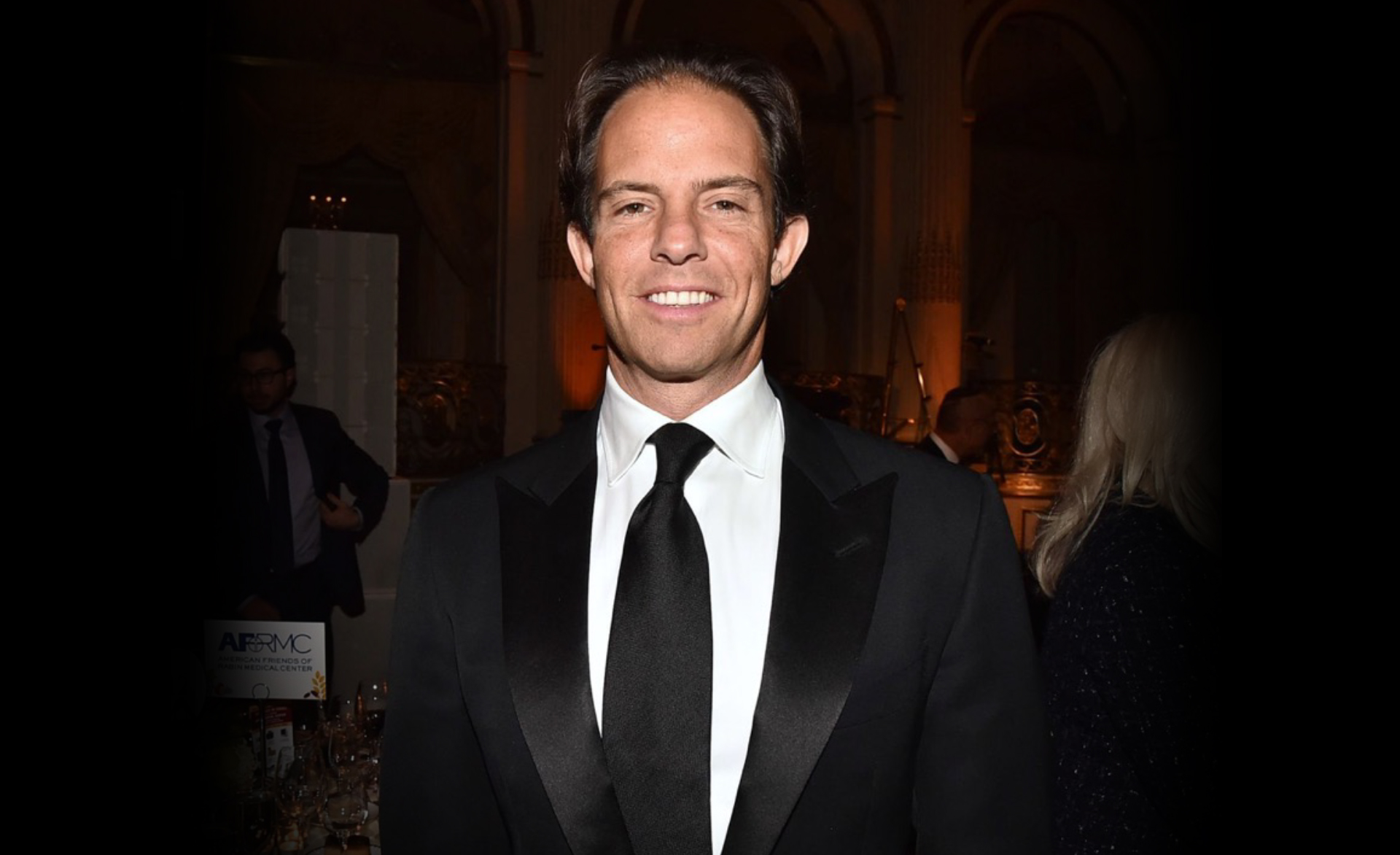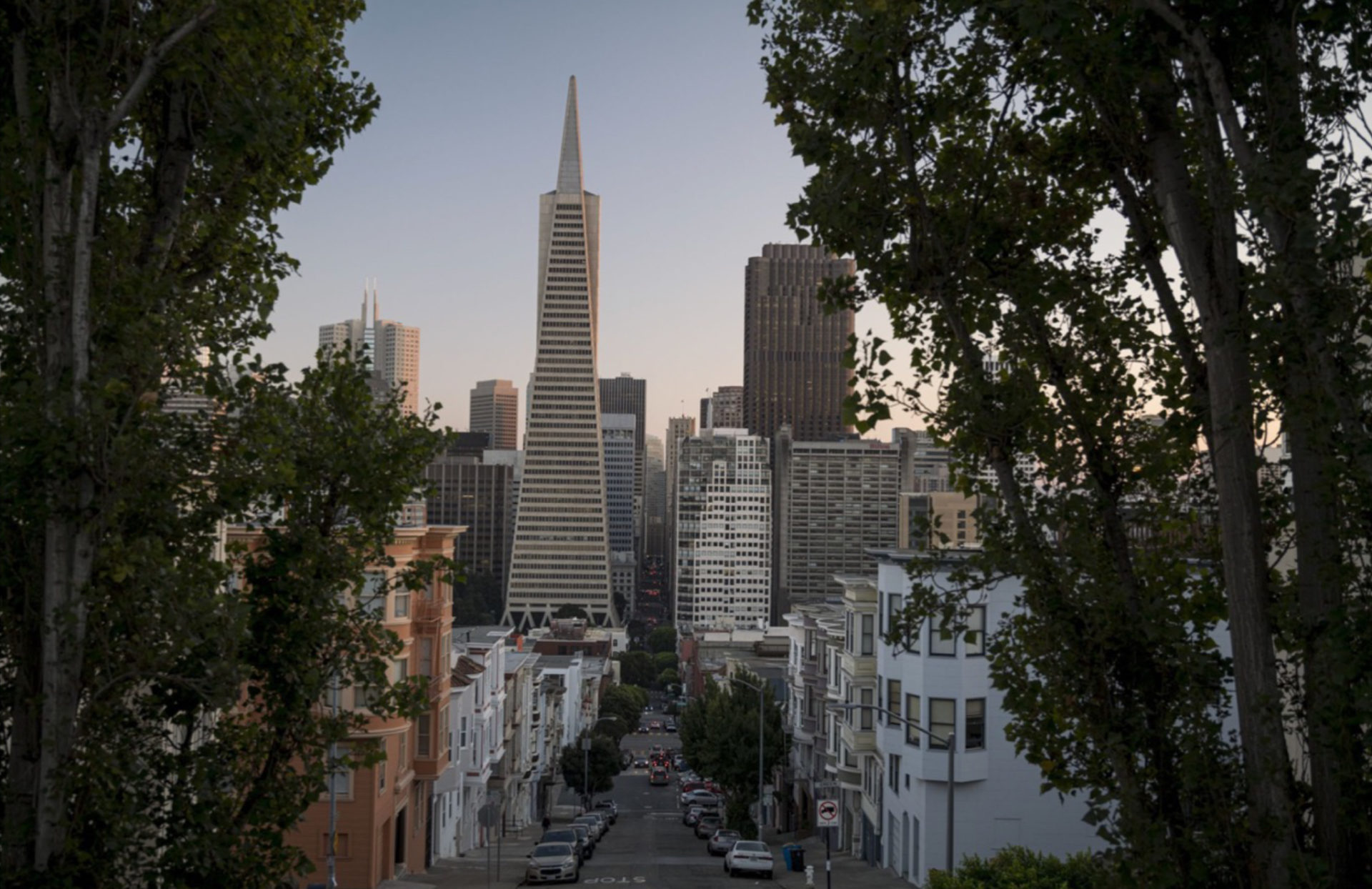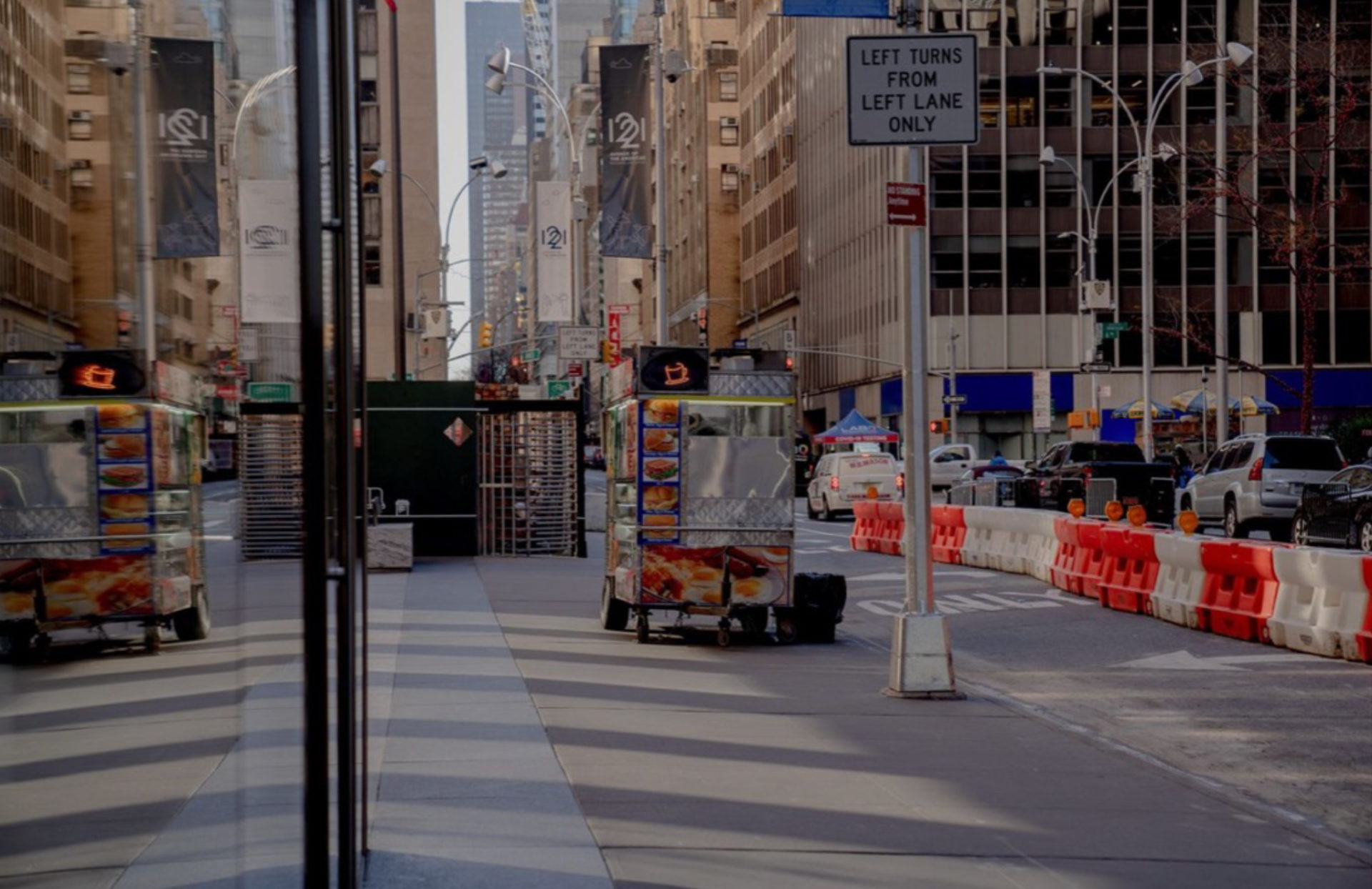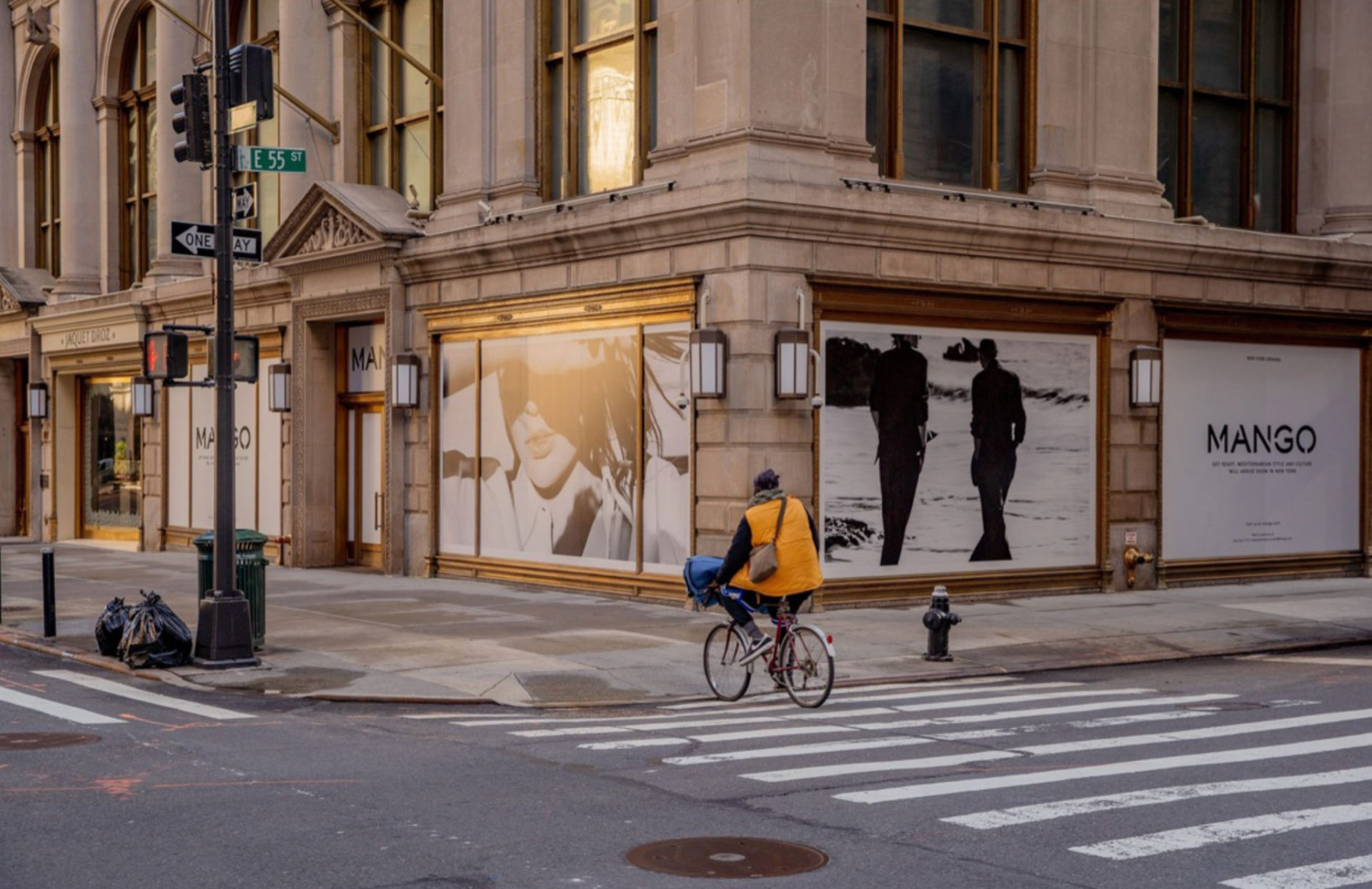Wall Street Journal
Michael Shvo’s Big Bet on Offices and Retail Faces Pandemic
Konrad Putzier and Peter Grant, Jan 11, 2022
Fate of iconic towers owned by developer and partners will shed light on future of city-center properties
The fate of a half-dozen office buildings owned by property developer Michael Shvo and a group of German investors will likely say a lot about the future of U.S. office properties.
The residential-broker-turned-commercial-developer and his backers acquired six major office and retail buildings in 2019 and 2020. The shopping spree included San Francisco’s famous Transamerica Pyramid tower and 711 Fifth Ave. in Manhattan, which is known as the Coca-Cola building.
With a price tag of more than $2 billion, it was a big bet on the primacy of city-center office buildings well into the future. Mr. Shvo said these iconic properties would stand the test of time. “These are 30-year investments,” he told The Wall Street Journal in early 2020.
That was shortly before the pandemic cleared out office districts. Nearly two years later, high vacancy rates, the success of remote work and the expansion of e-commerce are raising questions about the future of office and retail space.
Some urban office towers are still succeeding, signing up new tenants and charging high rents. These tend to be high-price modern buildings. But most office buildings face challenges unforeseen a few years ago, including even well-located buildings with iconic status. Refitting these towers with new ventilation systems and adding fitness centers, balconies and outdoor space or other modern features might require investments running to hundreds of millions of dollars.
“What we need from an office in a post-pandemic world is not the same as what we think of historically as a trophy or very recognizable asset,” said Sam Chandan, dean of the Schack Institute of Real Estate at New York University.
Mr. Shvo said his properties would be among the winners. “There’s no question there has been a decline in properties that are average properties,” he said in November. “We do not buy property unless it’s super prime real estate.”

Mr. Shvo and his partners plan to renovate the Transamerica Pyramid in San Francisco.
PHOTO: DAVID PAUL MORRIS/BLOOMBERG NEWS
The Israeli-born developer rose to prominence in the early 2000s as a New York City luxury apartment broker. Known for courting publicity, he hired singer John Legend and burlesque dancers to perform at launch parties.
The 2008 financial crisis crushed the luxury condominium market and derailed his brokerage career. He re-emerged a few years later as a developer of luxury Manhattan apartments. Next, he moved on to commercial real estate after experiencing career and personal setbacks, with slow sales at some of his condominium projects and a 2018 guilty plea to state and local tax evasion.
Mr. Shvo said both the Transamerica Pyramid and the Coca-Cola building are worth more than he paid for them, citing appraisals performed last year by real-estate firm Colliers International Group Inc.
Still, Mr. Shvo faces a number of headwinds. Manhattan and San Francisco have been two of the weakest office markets during the pandemic. Businesses including Oracle Corp. and Tesla Inc. have relocated their headquarters from the Bay Area to Austin, Texas, while 17.3% of Manhattan’s office space was available at the end of the fourth quarter, the highest in many years, according to Colliers.

Office buildings’ high vacancy rates and the success of remote work during the pandemic have raised questions about the future of office space in business districts like New York City’s Midtown.
PHOTO: AMIR HAMJA/BLOOMBERG NEWS
Mr. Shvo and his partners are opening their checkbooks to keep up with newer buildings. He said they are moving ahead with a plan to spend $100 million over the next 18 months on “repositioning and upgrading” the Transamerica Pyramid, where many leases are maturing in the next five years.
Mr. Shvo said he has leased 100,000 square feet at the Transamerica Pyramid. He said one of the new tenants is the members-only Core Club; he declined to name other businesses that have signed new leases there. He said he has also signed a lease with the Core Club in New York.
The developer has also been contending with an issue at the Coca-Cola building’s retail space. Ralph Lauren Corp. , the property’s highest-paying retail tenant, last year subleased most of its space to fast-fashion chain Mango for $5 million plus a performance-based fee linked to sales, according to a person familiar with the matter. Ralph Lauren is paying roughly $27 million under a lease that expires in 2029, according to bond documents.

Last year Ralph Lauren, 711 Fifth Ave.’s highest-paying retail tenant, subleased most of its space to fast-fashion chain Mango, a move Mr. Shvo had opposed.
PHOTO: AMIR HAMJA/BLOOMBERG NEWS
Mr. Shvo unsuccessfully sought to block the sublease. He was concerned that the more middle-market tenant and the lower rent would deflate the building’s value, according to the person familiar with the matter.
Mr. Shvo said that wasn’t the reason. He said he believed Ralph Lauren didn’t have the right to sublease to Mango under the terms of its lease.
His financial backers—which include Deutsche Finance America, a unit of the Munich-based Deutsche Finance Group., and German institutional investors—said they remain bullish on the office properties.
“We are convinced that the properties will prove to be successful investments in the long term due to their excellent locations and property qualities,” said a spokeswoman for German pension fund Bayerische Versorgungskammer. “We also see this confirmed by the fact that successful leases have been achieved despite the current market situation.